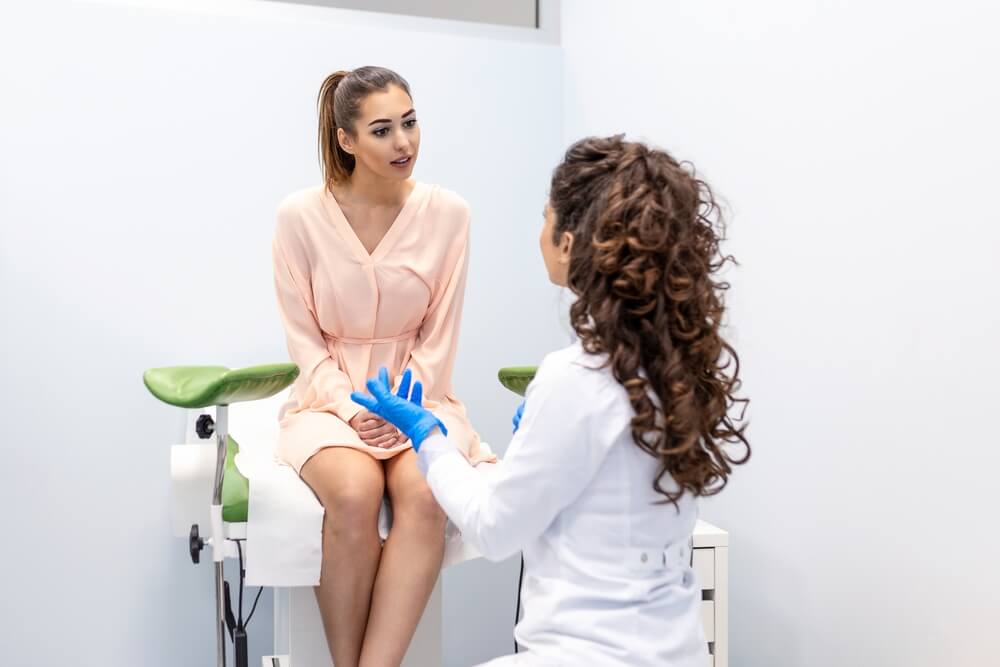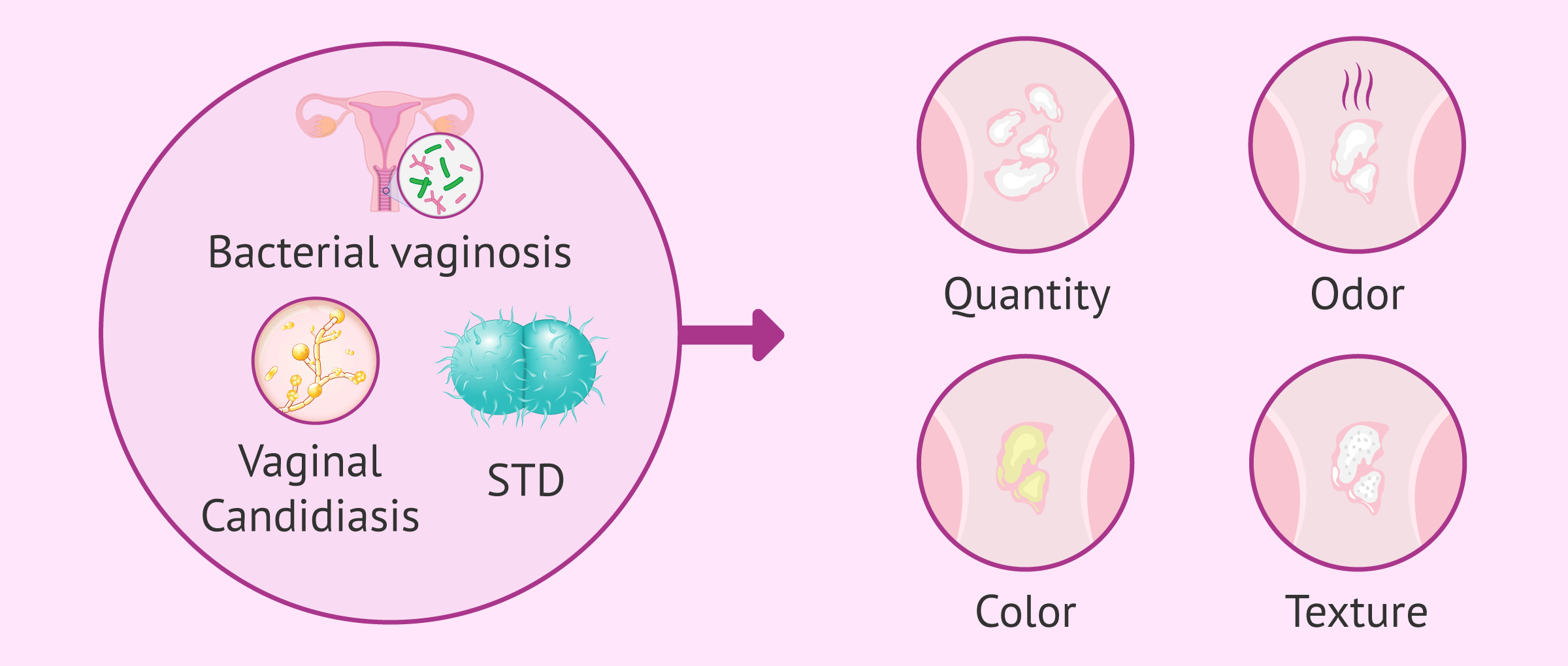Disclaimer: The content in this article is provided for general informational and educational purposes only. It is not intended as, and should not be taken as, medical advice. The information may not cover every possible condition, treatment, or outcome. Always consult with a qualified healthcare provider regarding any medical questions, concerns, or conditions. Reliance on any information provided here is solely at your own risk.
Vaginal Odor: Common Causes, When to See a Doctor, and How to Maintain Vaginal Health
Vaginal odor is something many women notice at some point in their lives. While it can sometimes be embarrassing, it is not always a sign of a medical problem. In many cases, changes in scent are temporary and resolve on their own with good hygiene. However, if the odor persists or is accompanied by other symptoms, it may be worth seeking medical advice.

Normal Vaginal Scent
The vagina has a natural odor that can change throughout the menstrual cycle. Hormonal shifts, diet, and even physical activity can influence scent. A mild or musky odor is usually normal and does not indicate infection.
In many cases, simple habits such as bathing regularly, changing into clean cotton underwear, and avoiding very tight clothing are enough to maintain comfort and freshness.
When Odor May Indicate a Problem
Sometimes, vaginal odor is stronger or changes in a way that feels unusual. If the odor is persistent, especially if it smells “fishy” or comes with other symptoms, it may point to an underlying condition.

Bacterial Vaginosis (BV)
According to the Centers for Disease Control and Prevention (CDC), bacterial vaginosis is the most common vaginal infection among women of reproductive age. It occurs when the balance of bacteria in the vagina shifts, leading to an overgrowth of certain types.
Common symptoms of BV include:
-
A thin gray or white discharge
-
A noticeable fishy odor, especially after intercourse
-
Itching or irritation in the vaginal area
BV is treated with antibiotics prescribed by a healthcare provider. Over-the-counter treatments and home remedies are not effective.
Trichomoniasis
Another possible cause of odor is trichomoniasis, a sexually transmitted infection caused by a parasite. Symptoms may include:
-
Vaginal odor
-
Greenish or yellow discharge
-
Discomfort during urination or intercourse
Trichomoniasis requires prescription medication and should not be left untreated.
Poor Hygiene or Retained Objects
Sometimes, odor may be linked to sweat, trapped moisture, or infrequent changing of underwear. Leaving a tampon in too long can also cause a strong and unpleasant odor. If a tampon or other foreign object is accidentally retained, it should be removed as soon as possible.

When to Contact a Healthcare Provider
It is best to seek medical advice if vaginal odor is accompanied by:
-
Persistent itching or burning
-
Unusual discharge (gray, green, or yellow)
-
Pain during urination or sex
-
A strong odor that does not improve with hygiene
A gynecologist can perform an examination and may order lab tests to identify whether an infection or other condition is present. Most causes of odor are treatable with medication.

How to Support Vaginal Health
Many women wonder how they can reduce the risk of vaginal odor or infections. Medical experts recommend the following evidence-based tips:
-
Practice gentle hygiene: Wash the external genital area with warm water and mild, unscented soap if needed. Avoid douching, which can disrupt natural bacteria and increase the risk of infection.
-
Wear breathable underwear: Cotton fabrics allow airflow and reduce moisture buildup. Avoid wearing damp swimsuits or workout clothes for extended periods.
-
Use protection during intercourse: Condoms reduce the risk of sexually transmitted infections, which can sometimes cause odor.
-
Change tampons and pads regularly: This helps maintain freshness and prevents irritation.
-
Avoid scented products: Sprays, wipes, or perfumed soaps marketed for feminine hygiene can irritate sensitive tissue.
-
Consider probiotics: Some studies suggest probiotics may help maintain a healthy balance of vaginal flora, but you should consult your healthcare provider before starting supplements.
Lifestyle Factors That Can Influence Vaginal Odor
Certain daily habits can also affect vaginal health:
-
Diet: Foods such as garlic, onions, or spicy meals may influence natural scent.
-
Exercise: Sweating increases moisture, which can contribute to temporary odor if not addressed.
-
Hormonal changes: Menstruation, pregnancy, and menopause can all affect vaginal pH and odor.
Understanding these influences can help normalize the experience of occasional changes while also encouraging healthy habits.
Breaking the Stigma
Vaginal odor is a sensitive topic, but it is important to talk about it openly. Many women experience it at some point, and it is usually treatable. Open communication with healthcare providers ensures that any underlying conditions can be addressed quickly and effectively.
By moving away from stigma and toward accurate information, women can feel more empowered to take care of their health without embarrassment.
Conclusion
Noticing vaginal odor does not always mean there is a serious problem. Sometimes it is a natural and temporary change. However, if the odor is persistent, unusually strong, or accompanied by other symptoms such as itching, pain, or unusual discharge, it is best to consult a gynecologist.
Most causes, such as bacterial vaginosis or trichomoniasis, are treatable with medication. Maintaining good hygiene, choosing breathable clothing, and avoiding harsh products can also support vaginal health.
Awareness, prevention, and open conversations are key. With the right information and medical guidance, women can manage vaginal odor effectively and protect their overall well-being.



